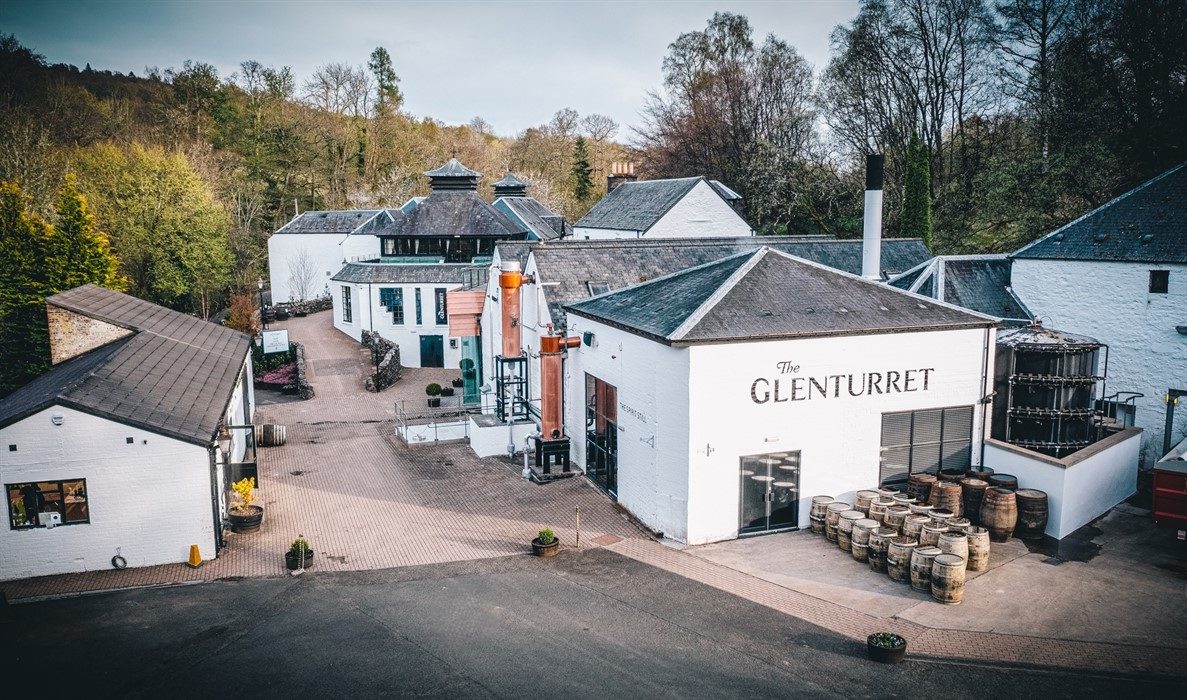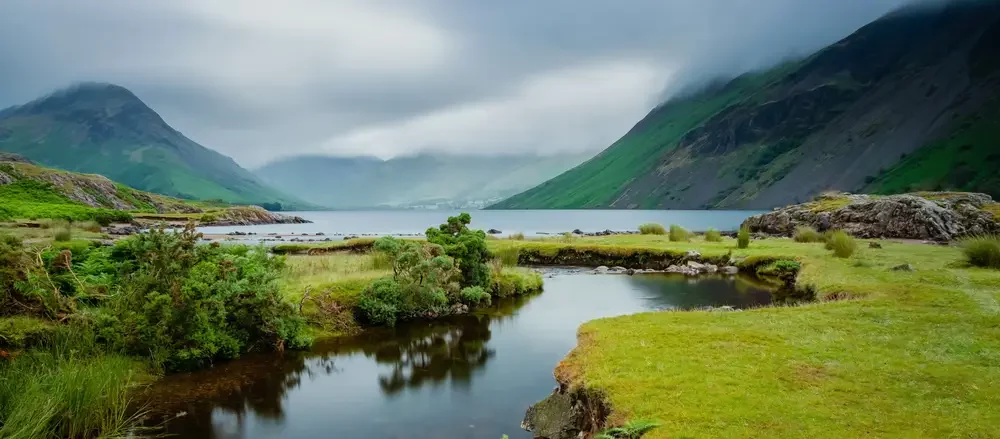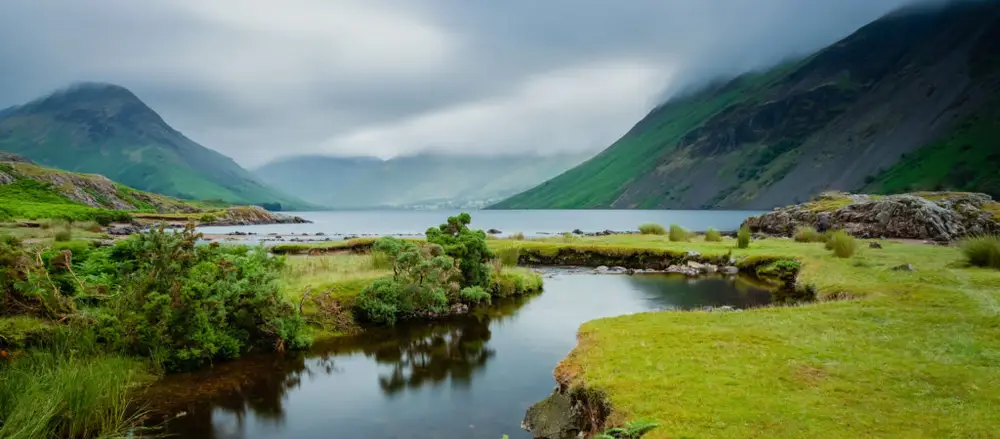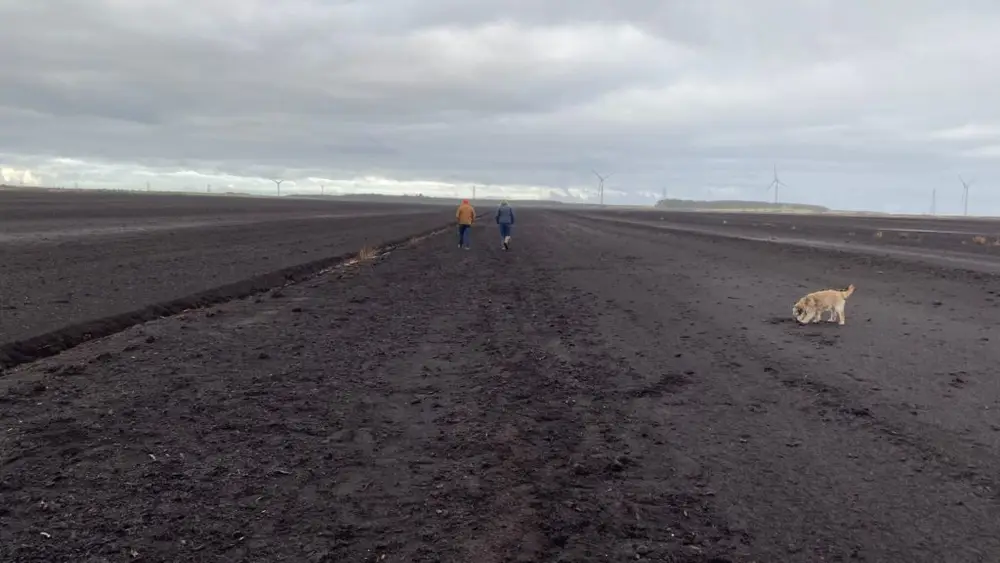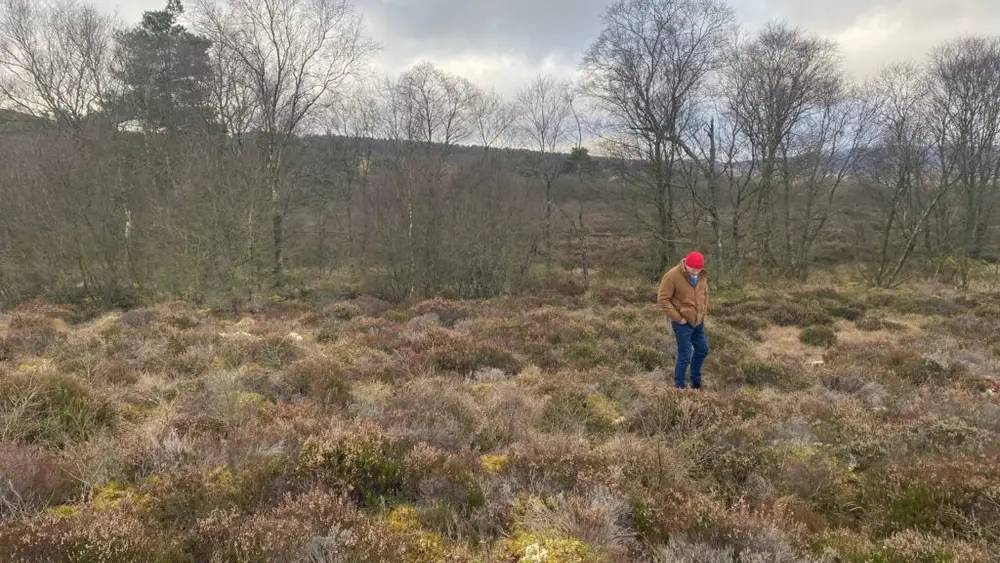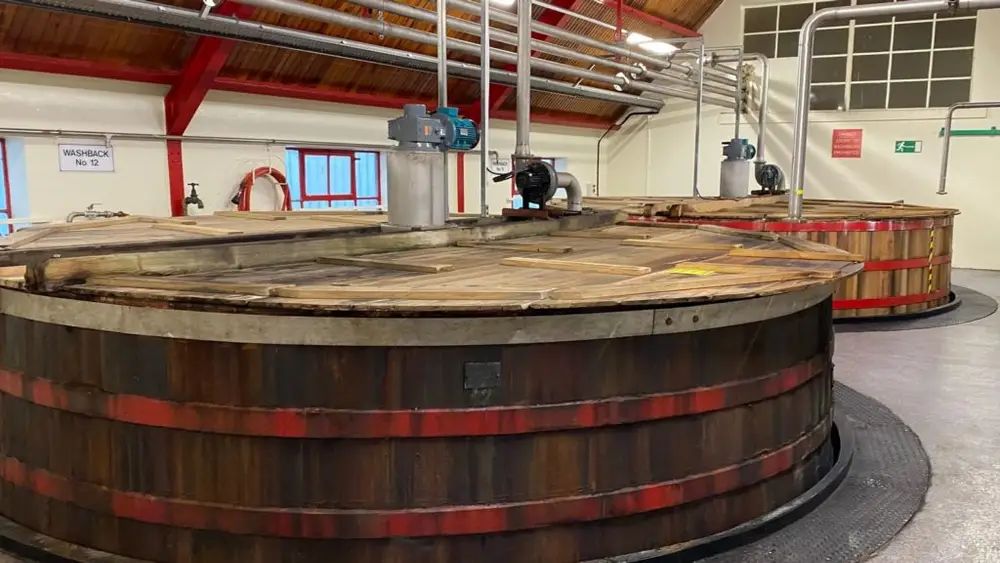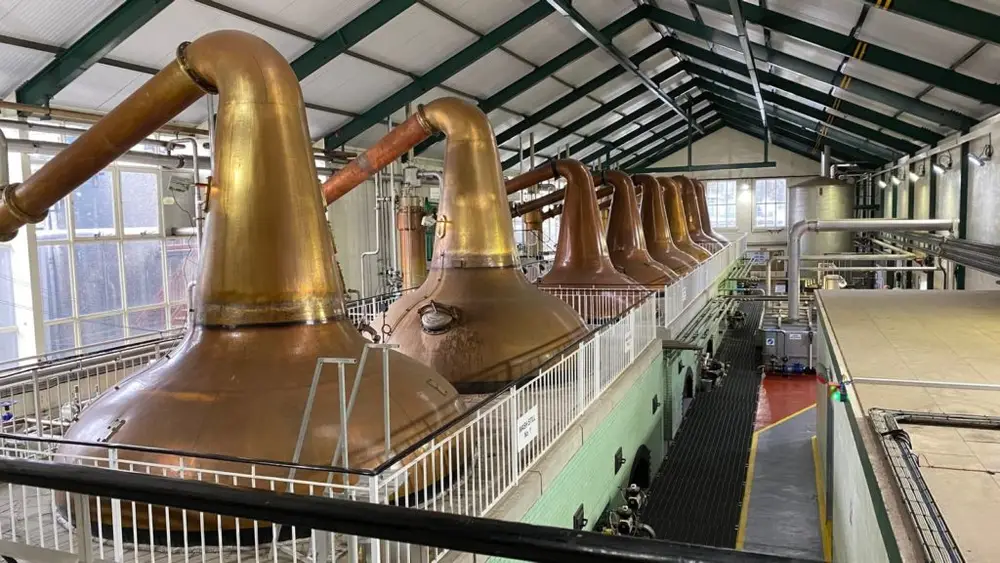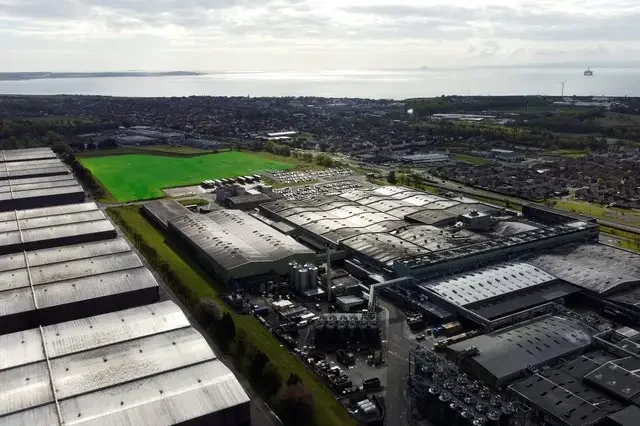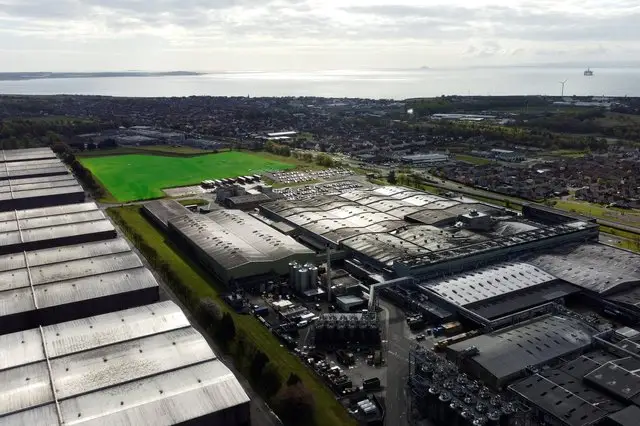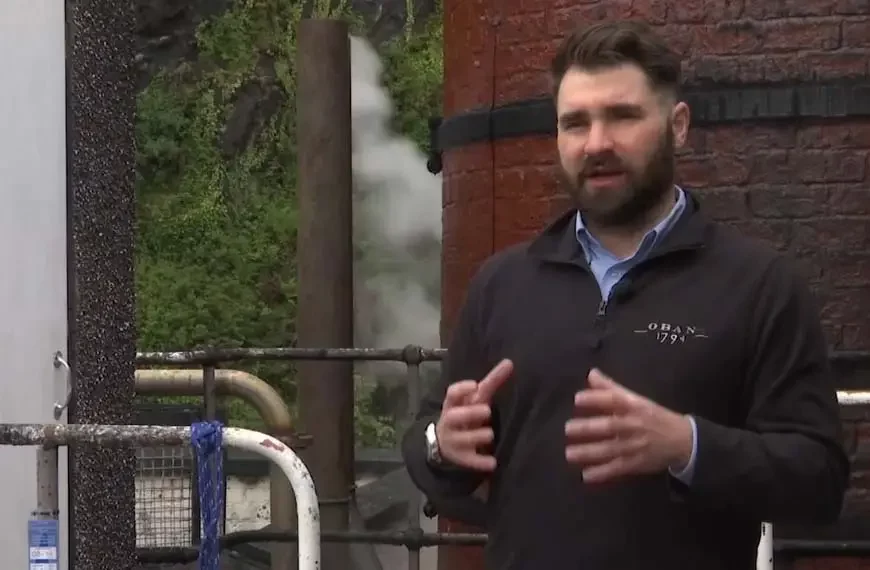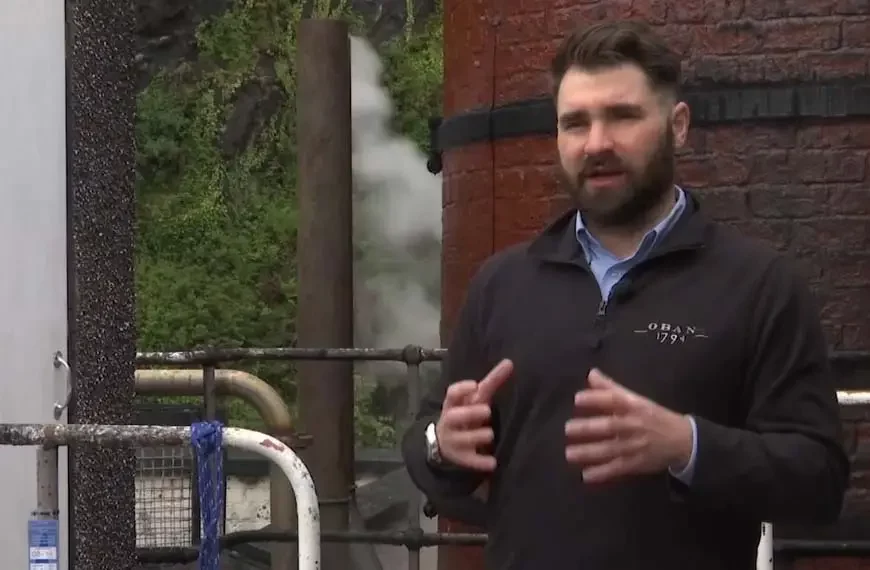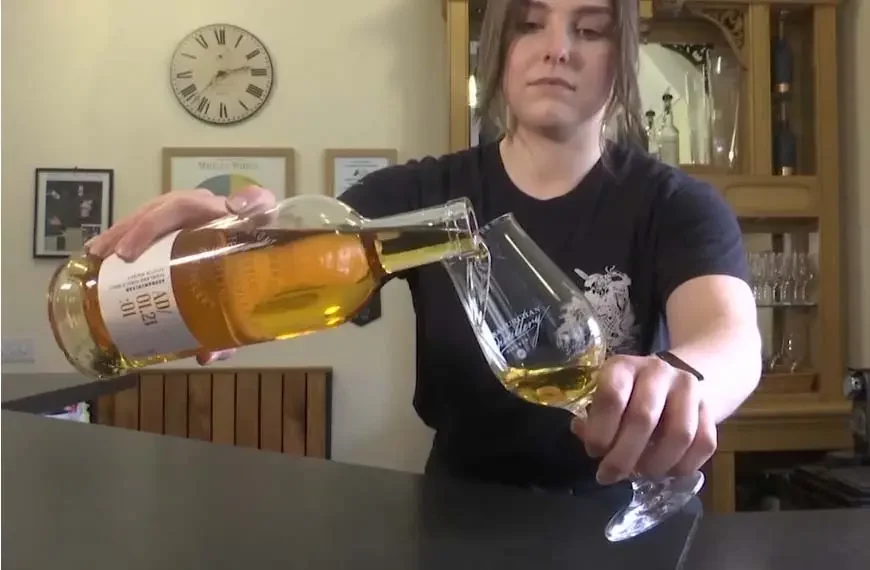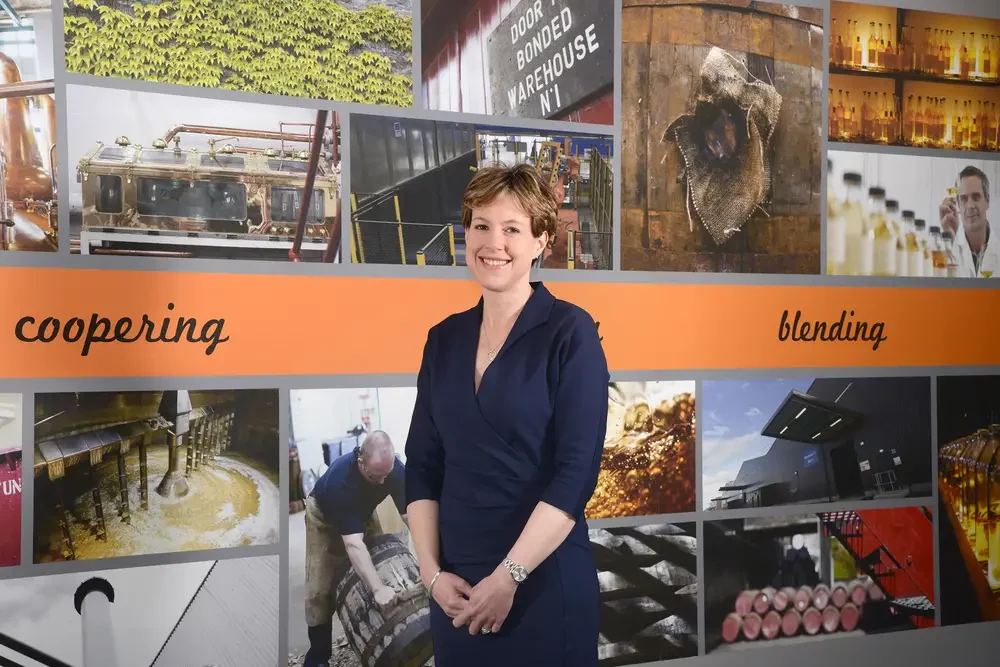But there is something almost magical about sphagnum moss. It looks like a bright green mass of feathery ferns.
It thrives without soil, has remarkable antiseptic properties, holds prodigious amounts of water and accumulates almost infinitely to make peat.
In July, the company reported a “standout” 50 per cent rise in sales in China at its interim results. “The desirability of what we have to offer surmounts the current situation in terms of the economy,” Ridley said. Graeme Littlejohn, strategy and communications director at the SWA, said the long-term nature of the industry meant it was able to defy short-term economic volatility, noting that at the height of the financial crisis in 2008-11, exports rose by 40 per cent. While it was “not immune to the global situation, the long-term vision means some of the bumps in the road are lessened”.


